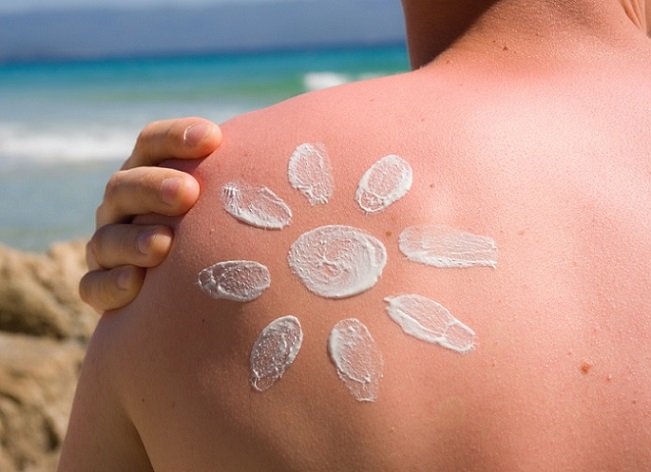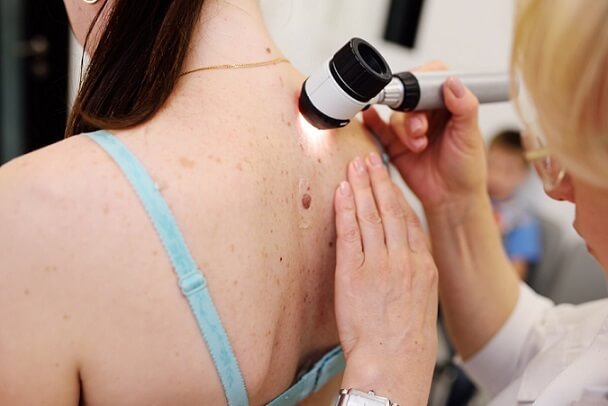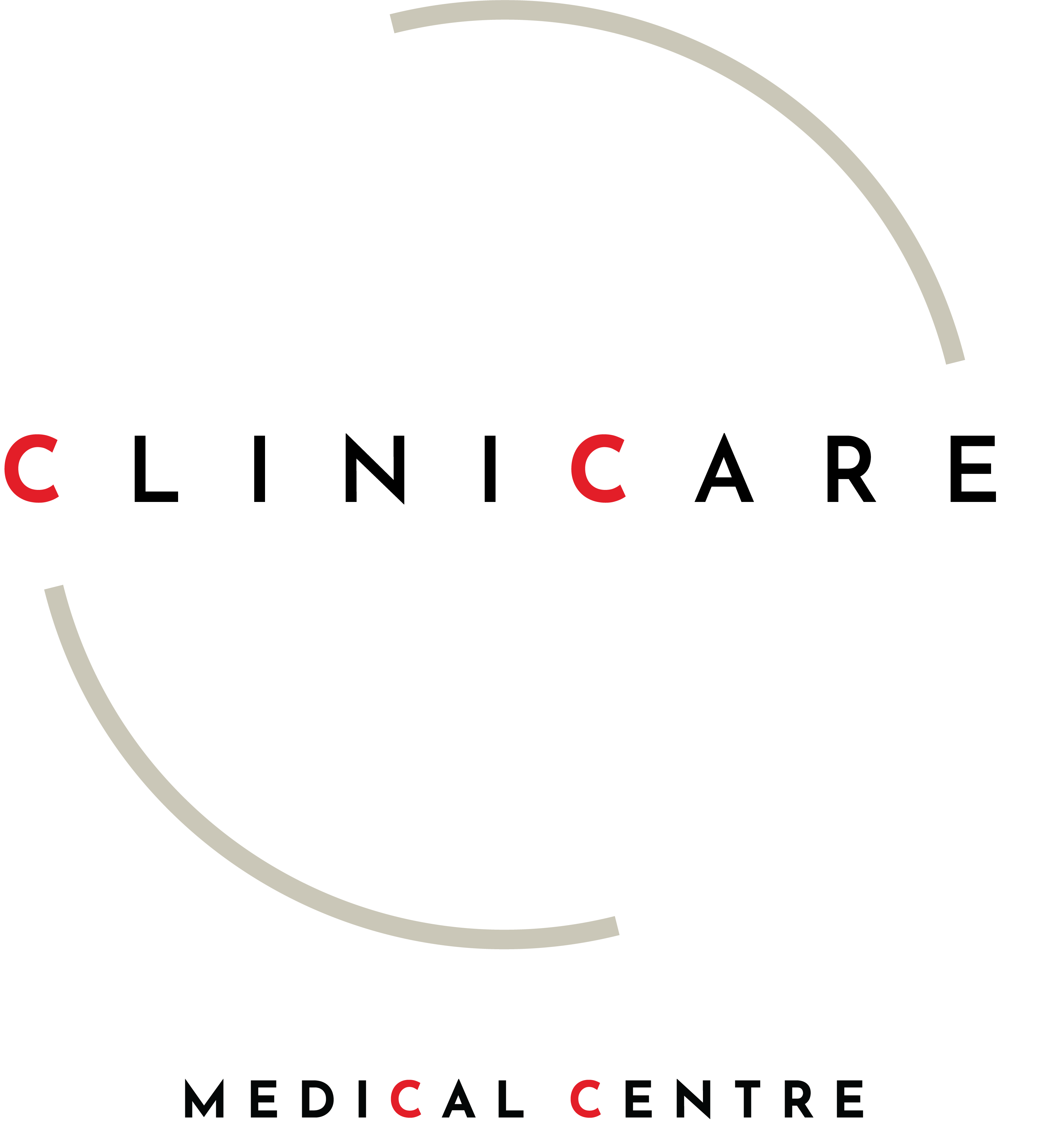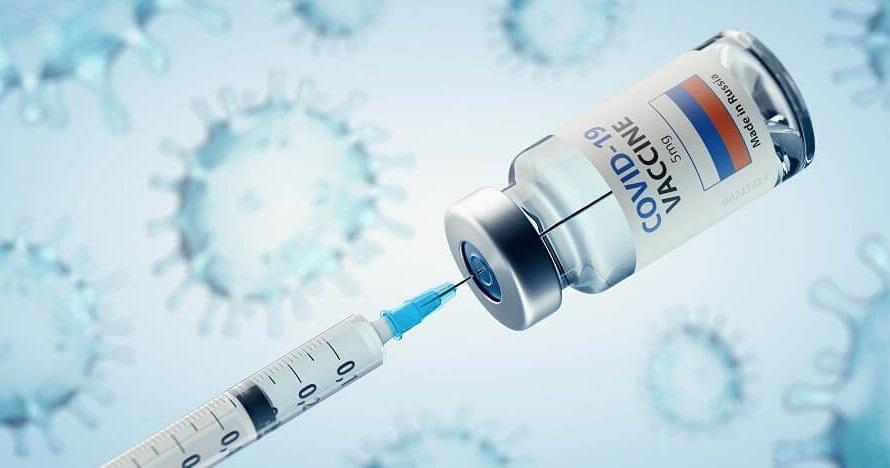With Australia leading the world in skin cancer rates, regular skin checks are an essential part of your healthcare.
At Clinicare, we treat skin cancer across all age groups. Skin checks are an important part of monitoring and early detection. Our GPs will help determine whether your skin health requires further action.
As a sun-soaked nation, Australia’s lifestyle and weather mean many are at increased risk of developing skin cancer. Regular skin checks are a simple yet powerful tool for skin cancer prevention.

The Sun And Skin Cancer
We’re all warned about the effects of the sun’s rays, but how skin cancer develops in relation to time spent in the sun isn’t always understood. Why is excessive sun exposure considered reckless?

The sun emits ultraviolet radiation often referred to as UV rays. Over time, UV can damage DNA—which usually manages cell growth strictly—and this malfunction results in skin cell abnormalities.
With skin cell growth no longer properly regulated, the abnormal cells continue replicating, often becoming skin cancer. This is why reducing UV exposure is integral to skin cancer prevention.
While skin cancer can develop a few other ways, the above process is the leading cause of skin cancer, making sun damage the primary contributor. Other factors like genetics can increase risk.
The Prevalence Of Skin Cancer In Australia
According to the Australian Institute of Health and Welfare, skin cancer (melanoma and non-melanoma cancers) accounts for the largest number of cancers diagnosed in Australia annually.
The Melanoma Institute Australia emphasises early detection means 90% of melanomas can be cured. They recommend a simple ABCDE guideline when monitoring your skin.
- Asymmetry: When half of a mole or birthmark does not match the other.
- Border: Edges are irregular, ragged, notched or blurred.
- Colour Variation: Differentiation shades of brown or black, sometimes with patches of red white or blue.
- Diameter: Larger than 6mm, or growing larger.
- Evolving: Changes in shape, colour, elevation, or another trait like itching, bleeding or crusting.
Australia has very high skin cancer statistics. Skin cancer is so prevalent that the Cancer Council cites at least 2 in 3 Australians will receive a skin cancer diagnosis before reaching 70 years old.
For this reason, self-monitoring, and GP Skin Health Checks are so important. Melanoma skin cancer is the most serious, with non-melanoma skin cancer referred to as keratinocyte skin cancer.
Skin Cancer Fatalities
In recent decades, rates of skin cancer in Australia have slowly increased. While skin cancer survival rates in Australia are extremely high, each year there are still around two thousand fatalities.
Early detection may save your life. For this reason, monthly self-checks matter, as do follow-ups with your preferred GP medical centre. Delayed treatment risks a more serious diagnosis.

A Skin Check Is Simple
Check your skin at home regularly in a full length mirror (not forgetting sections often out of sight like armpits, soles of the feet and scalp). Use a handheld mirror for hard to see places on the body.
Be aware skin cancer is not restricted to new moles or freckles, and can look inconspicuous: a small lingering sore; an emerging lesion or lump. Clock anomalies or changes, and seek GP input.
Your GP Can Work With You
Visit a skin cancer clinic such as Clinicare as soon as possible. Any of our GPs can provide a skin check service—some even have a specialised interest in skin cancer.
An appointment to see a Clinicare GP means the use of special tools that can provide a more detailed perspective. If we do perceive cause for concern, we then outline the risk factors to you.
We may refer you to a specialist, or handle removal. Removal could take place at the same time, or require another 30-45 minute appointment. Pathology analysis is performed by Histopath, Melbourne.
A biopsy reveals whether the sample is in fact cancerous. Often removal is enough, but a different response may be needed. The form of cancer and spread that has occurred is taken into account.
In some cases, irregularities are not cancerous, but don’t be tempted to self-diagnose. Seek an expert opinion immediately. Your Clinicare GP will also keep a detailed record, for future reference.
Who Is Most At Risk?
SunSmart lists people at a higher risk of skin cancer as having:
A personal or family history of skin cancer
A large number of moles
A compromised immune system or are on immunosuppression medication
A fair skin type and skin colour
A history of bad sunburns
Spent lots of time outdoors unprotected or working outdoors
Suntanned, use or have used solariums and/or sun lamps
Developing a surveillance plan with your doctor, and checking your skin regularly for changes is recommended if you meet any of the high risk criteria.
Remember To Protect Yourself
Be proactive in regards to protecting your skin. The Cancer Council’s SunSmart slogan best sums up five common and easy ways to protect yourself from skin cancer: Slip, Slop, Slap, Seek, Slide.
The idea is to slip on a shirt, slop on sunscreen, slap on a hat, seek shade, and slide on wrap-around sunglasses. Sunscreen should be broad-spectrum, at least SPF30, and water-resistant.
Don’t Forget The Details
Sun protection doesn’t just apply to hot summer days and is best practiced all year round. While the day may seem grey and cold, potentially damaging UV rays can still impact skin health.
It’s worth noting not all windows are created equal when it comes to blocking out harmful effects of the sun. From your office to your home and even your car, be aware of UV exposure points.
Skin Cancer Prevention Protocols
A skin cancer prevention plan is a great investment in future health. Depending on your risk factors, our GPs can help you work out the best plan to monitor your skin health for changes and abnormalities.
Medicare rebates cover a portion of consultancy and procedure fees. A Clinicare friendly receptionist will offer an informed estimate of out of pocket costs, dependent on the type of procedure.
If you have concerns about a skin feature or would like a general skin exam, book an appointment to check and discuss your skin health at Clinicare North Fitzroy and Clinicare Fitzroy online.



